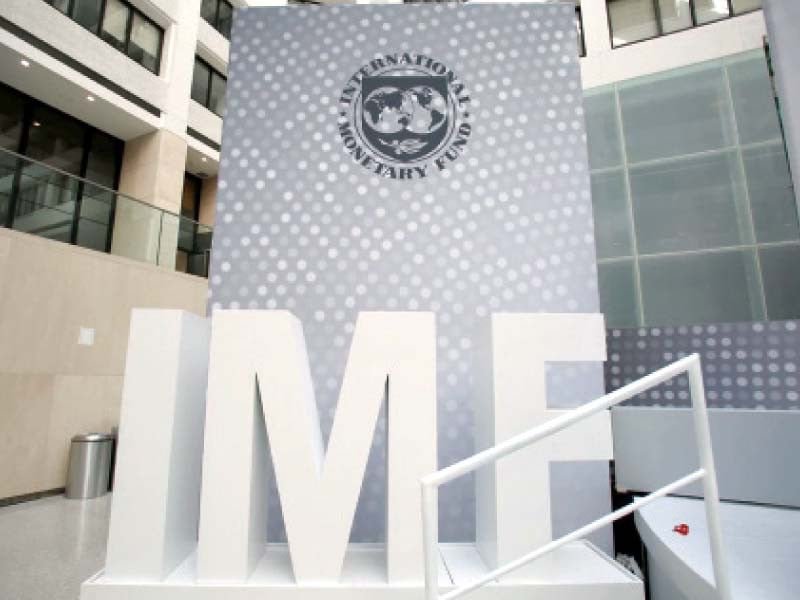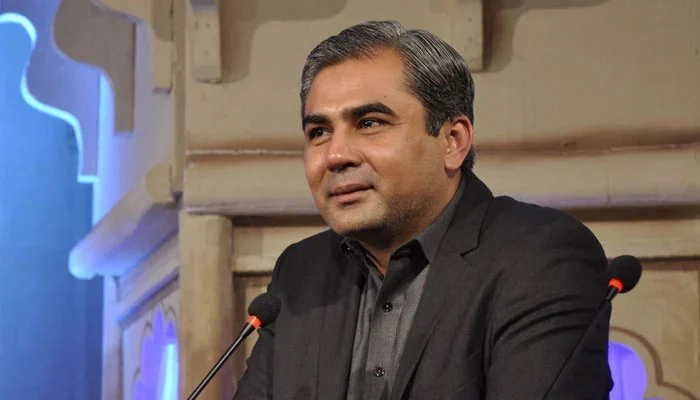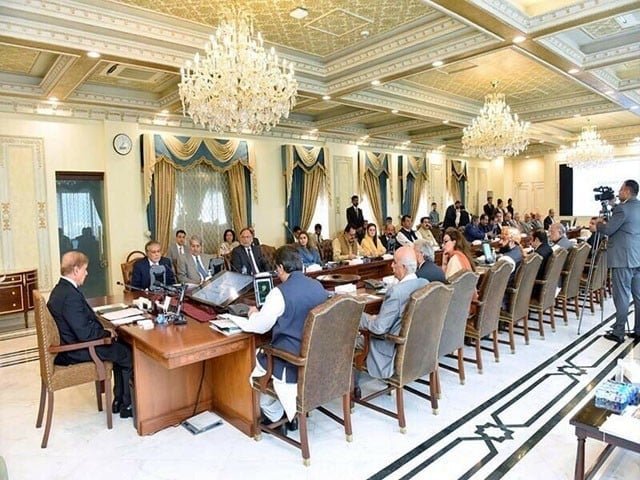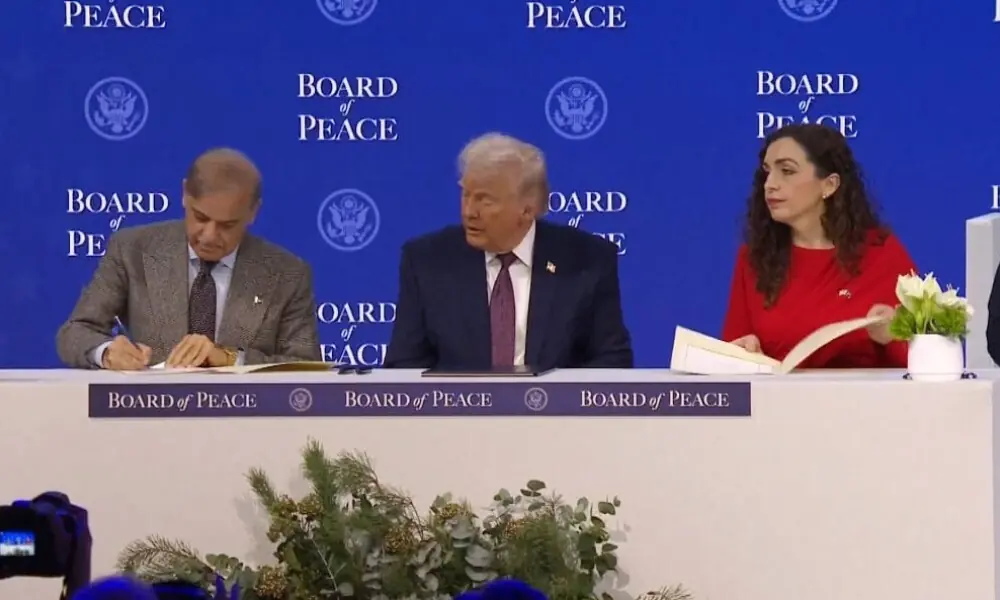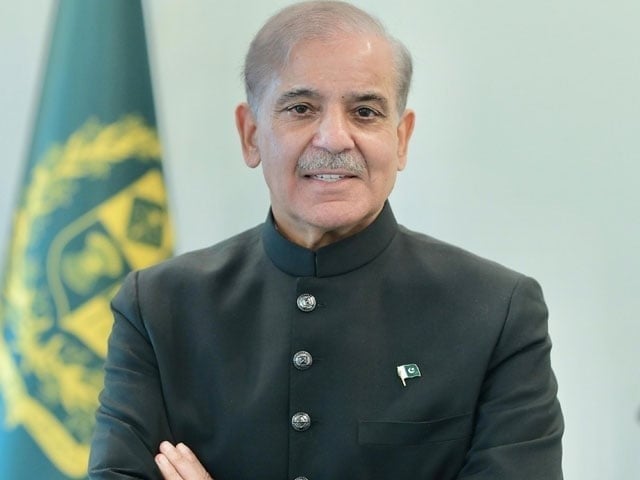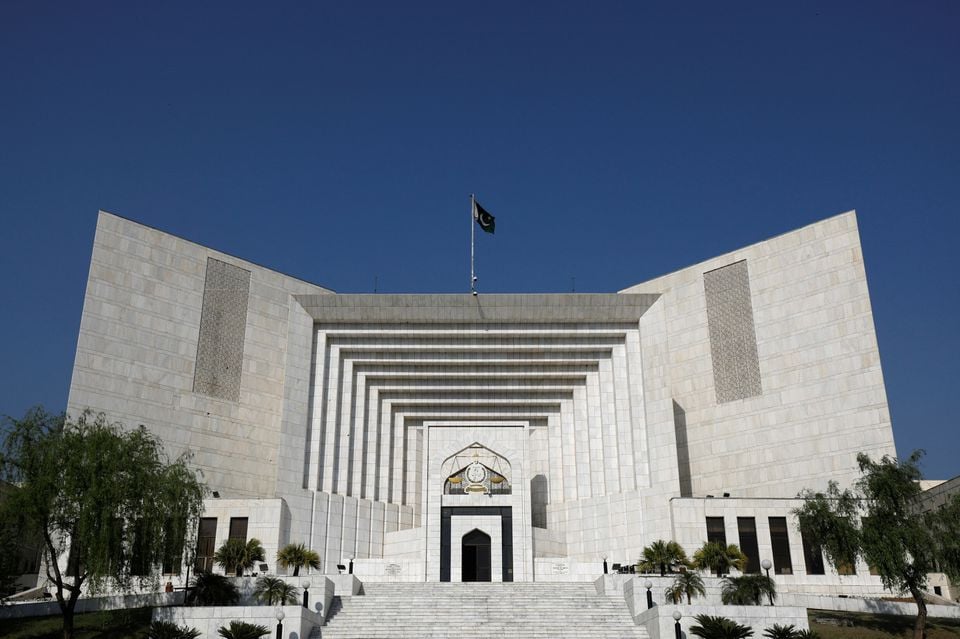The International Monetary Fund (IMF) on Wednesday said that Pakistan needed to further increase interest rates to stabilise inflation –- a policy advice that is not in line with the ground realities and has instead significantly increased the country’s debt burden.
The global lender has released its regional economic outlook for the Middle East and Central Asia, describing the economic conditions in an important part of the world.
“Inflation has continued to rise in Egypt, Pakistan and Tunisia, with the comparison of current policy interest rates relative to natural policy rate estimates suggesting that further interest rate increases are needed to stabilise inflation,” reads the report.
The IMF defines the natural policy rate as the real natural rate plus one-year-ahead inflation expectations from the World Economic Outlook databases. For this fiscal year, the World Economic Outlook has projected 27.1% average inflation rate. The forecast is 21.9% for the next fiscal year.
The central bank has already increased the interest rates to the highest ever level of 21% that could not contain inflation, which surged to 36.4% in April –- the highest level in the past 59 years. But the increase in the interest rates has caused a significant surge in the government’s debt servicing cost, which is now estimated at around Rs5.3 trillion as against the budgeted figure of Rs3.95 trillion.
Since the start of the IMF programme in July 2019, Pakistan has doubled the policy rate. The IMF report said that where the policy stance was loose and inflationary pressures persisted, tighter monetary policy should be considered to stabilise inflation and inflation expectations like in Egypt, Pakistan, and Tunisia.
“In countries where inflationary pressures continue and the stance is loose, a tighter monetary policy should be considered (Egypt, Pakistan, Tunisia),” the report reiterated.
At the start of the policy talks in January this year, the IMF had demanded increasing the the interest rates by at least 6%. At that time, headline inflation was 27.6% and the SBP’s policy rate was 17%.



